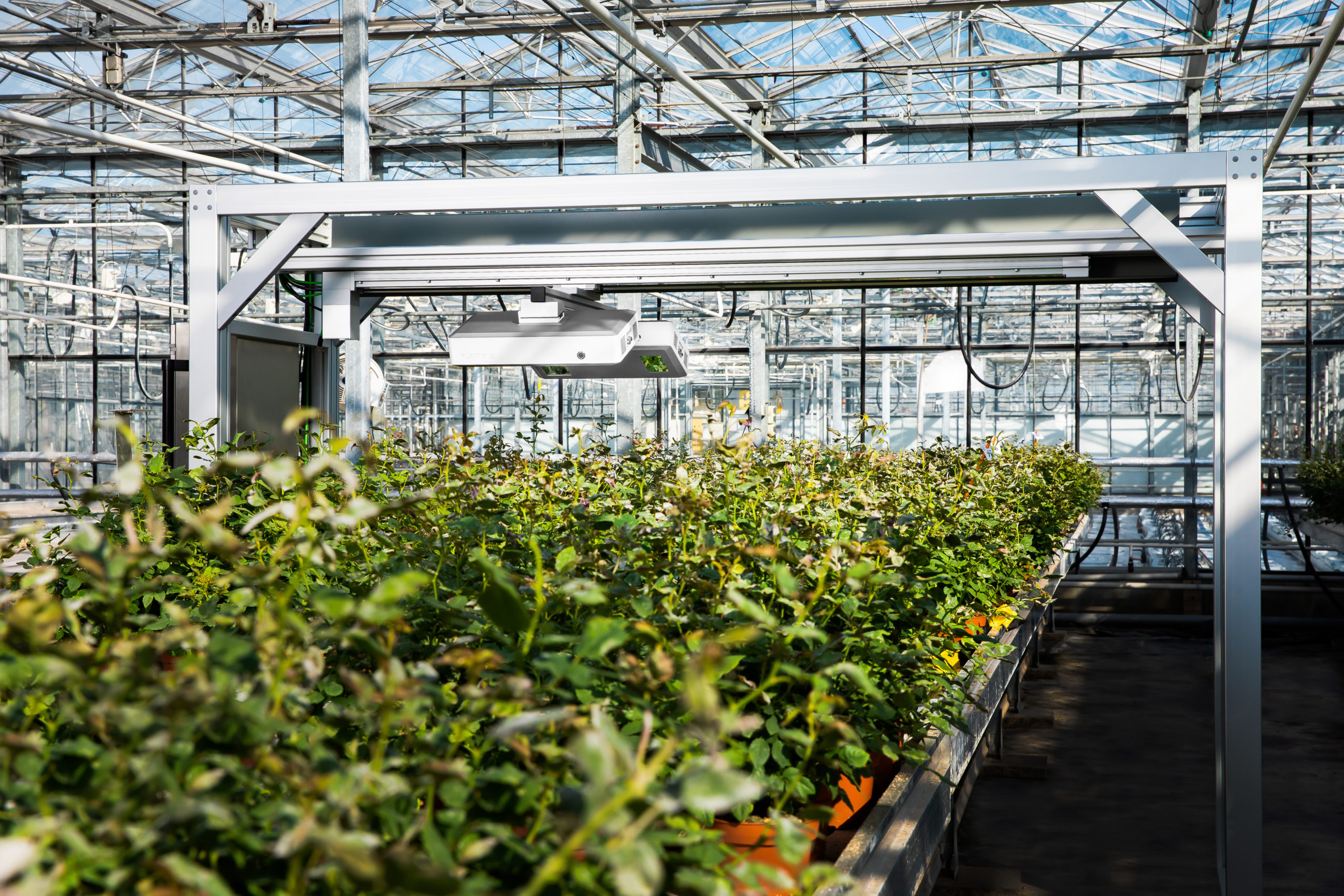Through a new study funded by Defra (Department for Environment, Food and Rural Affairs) and Innovate UK under the Farming Innovation Programme, SugaROx Ltd and Fera Science Limited will explore the feasibility of using a game-changing biostimulant technology to improve tomato resilience to climate change, whilst also reducing the carbon footprint of production in the UK.
In tomato production, plant growth, fruit set, and yield are optimal at day/night temperatures of 21°C to 29.5°C and 18.5°C to 21°C, respectively. An increase of just a few degrees above these ranges can damage reproductive organs, leading to drastic decreases of fruit setting.
Studies show that temperatures of 32°C during the day and 26°C at night 10 days before anthesis can significantly decrease the number and viability of pollen grains. This impact on pollen is associated with changes in carbohydrate concentration in developing anthers, and affects fruit set.
As a result of climate change, high temperatures are becoming more frequent, longer lasting, and more intense in the UK. The summer of 2022 marked a new milestone in UK climate history, with 40°C recorded for the first time in the country.
“Summers are a critical period for tomato production in the UK” says Dr. Phil Morley, Technical Executive Officer at the British Tomato Growers’ Association (BGTA). “Our producers are already struggling to achieve profitability due to increases in energy and labour costs and more extreme temperature conditions will put additional pressure on our sector.”
Biostimulants are a relatively new class of crop input and are gaining rapid attention as one of the most promising tools to increase crop resilience to climate change. “While traditional biostimulants offer yield gains of 2-5% for farmers, our approach has the potential to boost yields by up to 22% on arable crops,” says Dr. Cara Griffiths, SugaROx’s CTO.
SugaROx is set to disrupt this space with formulations based on active ingredients (AIs) inspired by powerful plant molecules. Traditional biostimulants, which are extracts from algae and plants or acid-based formulations from organic waste, are mixes of ingredients. By bringing a targeted approach to this industry, SugaROx can boost plant processes with a level of precision not seen before.
“In this new 24-month project, our main objective is to explore the viability of adapting our technology to boost the ability of tomato plants to cope with heat stress,” Dr. Griffiths explains. “The new high-throughput phenotyping capabilities available at Fera allow us to test this in a very effective and efficient way.”
“Digital phenotyping tools, such as hyperspectral imagery, allows us to detect changes in plant status in response to environmental stress much earlier than using traditional methods”, explains Dr Dillon, the Principal Scientist for Crop Protection at Fera. “In addition, digitalisation reduces the need to destructively sample plants, so is more efficient in terms of time, space and energy usage”.
Using the Phenospex PlantEye Technology, Fera will produce 3-D scans of miniature tomato plants under abiotic stress (heat and drought) with and without the SugaROx biostimulant and compare the development of these plants to unstressed (control) plants. “The model system that we will develop in this study can be used by other biostimulant manufacturers to test their products”, explains Dr Dillon.
“Biostimulants have the potential to alleviate the impact of climate change on crop production, and also to minimize the impact of food production on climate change,” explains Bianca Forte, SugaROx’s Business Development Director. “To evaluate the potential of our technology to reduce the carbon footprint of tomato production, experts from ADAS will be involved in our study”.
Sarah Wynn, Managing Director of the ADAS Climate & Sustainability Team adds “through understanding the carbon footprint of the biostimulant itself, and then assessing the carbon benefit of using the biostimulant, versus non-use, we can model the potential carbon gains and the added benefit from its application”.
“The BTGA, which represents the majority of commercial tomato growers in Great Britain, will act as Knowledge Exchange Champion in our consortium”, adds Ms Forte. “Through their input, we will ensure our strategy to explore the strengths and weaknesses of our approach takes into account end-users’ practices and needs,” explains Ms. Forte.
“Climate-related challenges are becoming an increasing concern to our members, so we are excited to work with SugaROx to support the development of this potential solution,” says Dr. Morley. “Information on how to get involved in the consultation process will be published on the BTGA page on LinkedIn, in BTGA newsletters, and at our annual conference in Warwickshire on 26th September.”

